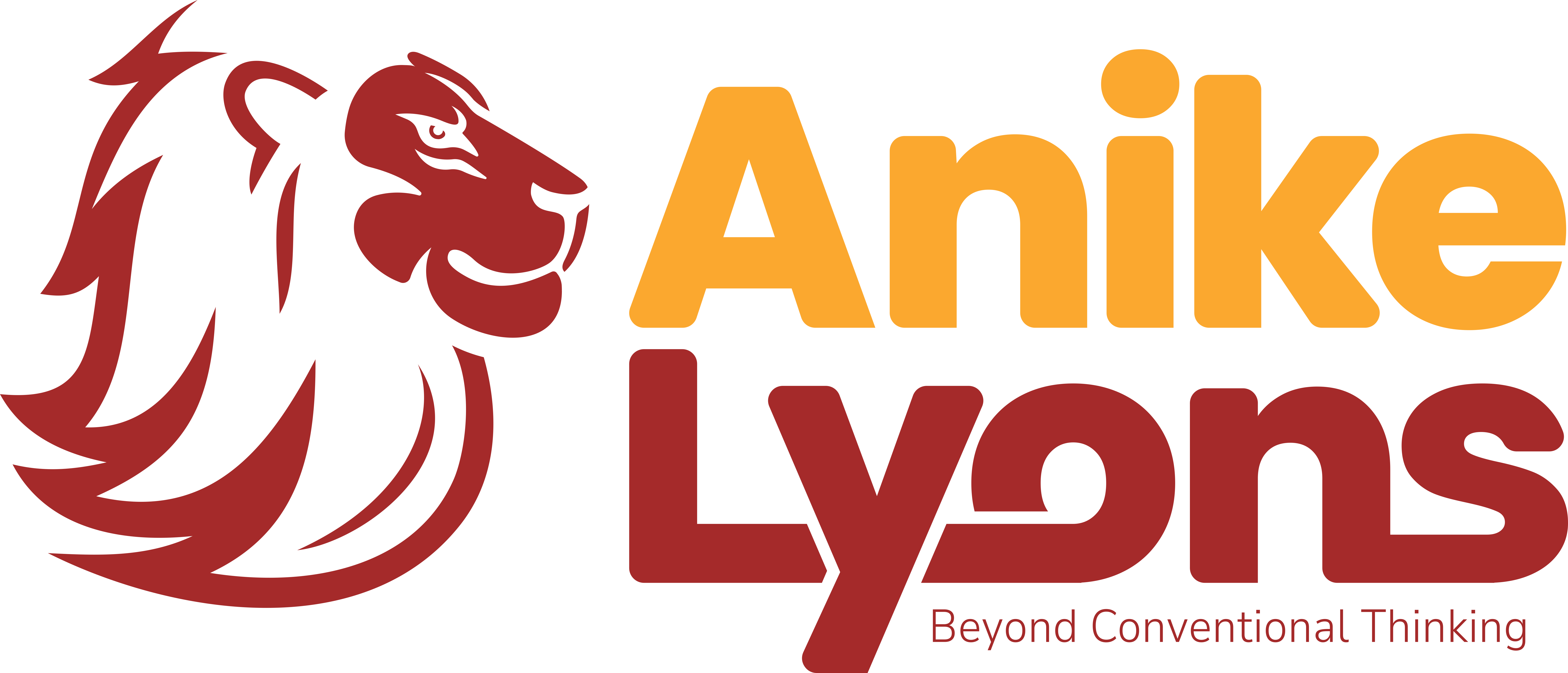What if the Internet Disappears Tomorrow Morning?

Imagine this: You wake up. The sky is clear, birds are chirping, and everything seems normal — until you reach for your phone.
No signal.
No Wi-Fi.
No data.
No Google. No Gmail. No AI. No socials. Nothing.
The internet is gone. Completely.
It’s not a glitch or a power cut. It’s vanished.
Welcome back to the primitive age.
Now, take a deep breath…
What would be your very first step?
Panic Is the Default Response — But Why?
For many of us, this scenario would trigger instant chaos — not because we don’t have answers, but because we’ve forgotten how to ask the right questions without a screen.
We’d feel lost because we’ve become deeply tethered to the digital world for everything:
- Our businesses run on cloud platforms.
- Our relationships rely on instant messages.
- Our education systems are streamed, typed, and stored.
- Our finances, healthcare, and workflows are all locked behind passwords and portals.
The Hidden Lesson of the “What If” Scenario

This thought experiment isn’t about fear-mongering. It’s a mirror — one that reflects our current reality.
“Digital literacy is the new passport to participation in the modern world.”
— Mercy Lyons
Digital Literacy Has Given Us:
- ✅ Instant access to global information
- ✅ Remote work and borderless collaboration
- ✅ E-learning, virtual classrooms, and online degrees
- ✅ AI tools and smart automation
- ✅ Digital entrepreneurship and online marketplaces
- ✅ E-governance and innovation in public services
But with every powerful tool comes a crucial question:
What happens when the tool is unavailable?
Preparing for a World Beyond the Web

We shouldn’t aim to live without the internet — that’s neither practical nor progressive. But we must develop the resilience to think, act, and thrive beyond it.
Because true digital literacy is not just about navigating technology — it’s about not needing it every moment to function.
1. Foundational Thinking Skills
- Critical thinking
- Creativity
- Problem-solving
- Adaptability
2. Offline Systems & Backups
- Print key documents and contact lists.
- Keep hard copies of business plans and learning materials.
- Build simple, non-digital workflows.
3. Strong Human Networks
- Cultivate real mentorship.
- Build meaningful community ties.
- Focus on deep relationships, not digital clout.
Your WhatsApp group might fail — but your neighbor won’t.
4. Analog Skills Are Still Relevant

- Reading physical books
- Map reading and navigation
- Handwriting notes and letters
- Verbal storytelling and memory techniques
- Manual planning and brainstorming
5. Mindful Tech-Life Balance
Ask yourself: Can your business, classroom, or household function — even minimally — without the internet?
This reveals fragility or strength. Build systems that don’t collapse without a signal.
The Real Goal? Digital Resilience
We don’t reject technology. We embrace it — wisely.
We use the internet, AI, cloud tools, and apps — but we also teach ourselves and others how to think without them.
Because the most future-ready individuals and organizations are those that:
- Can think independently
- Can solve without Googling
- Can connect without logging in
So, What Would You Do First if the Internet Vanished Tomorrow?
Would you panic?
Or would you pull out that printed contact list and go to work?
The future belongs to those who are digitally fluent — but also humanly capable.
Let’s raise a generation of thinkers, not just typers.
Let’s build companies that thrive in bandwidth and blackout.
Let’s remember: tools change, but principles endure.
Final Thoughts from Mercy Lyons
“Let’s not just teach how to use the internet — let’s teach how to outlive it.”
— Mercy Lyons
#DigitalLiteracy #TechDependency #DigitalResilience #CriticalThinking #SkillsThatMatter #OfflineWisdom #FutureReady #MercyLyonsWrites #InternetBlackout #InnovationAndWisdom #ResilientThinking #LeadershipInTheDigitalAge
